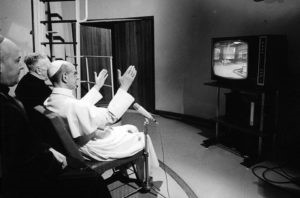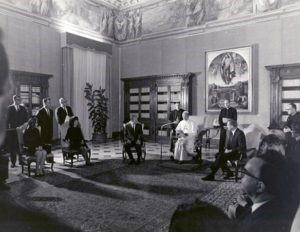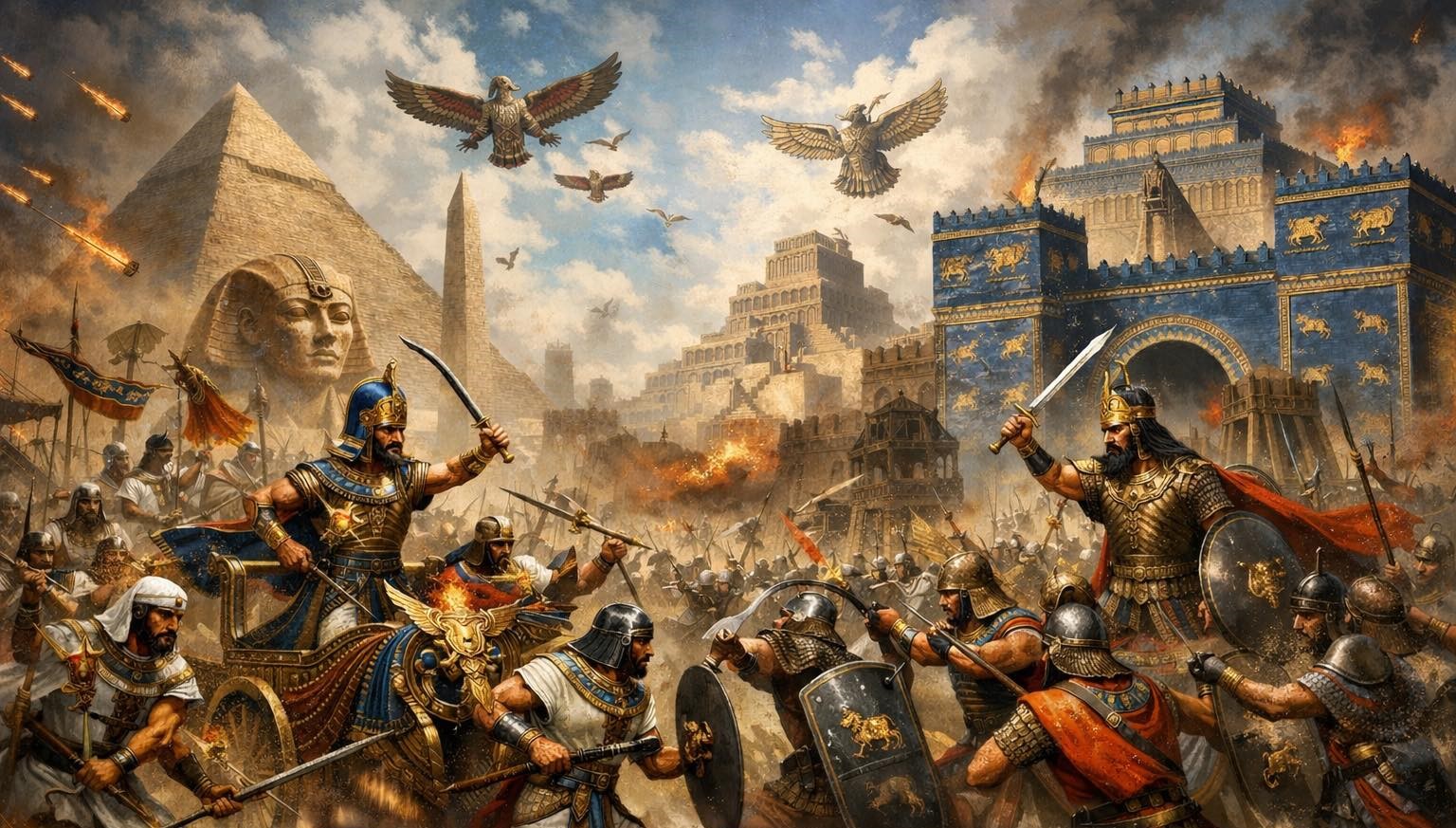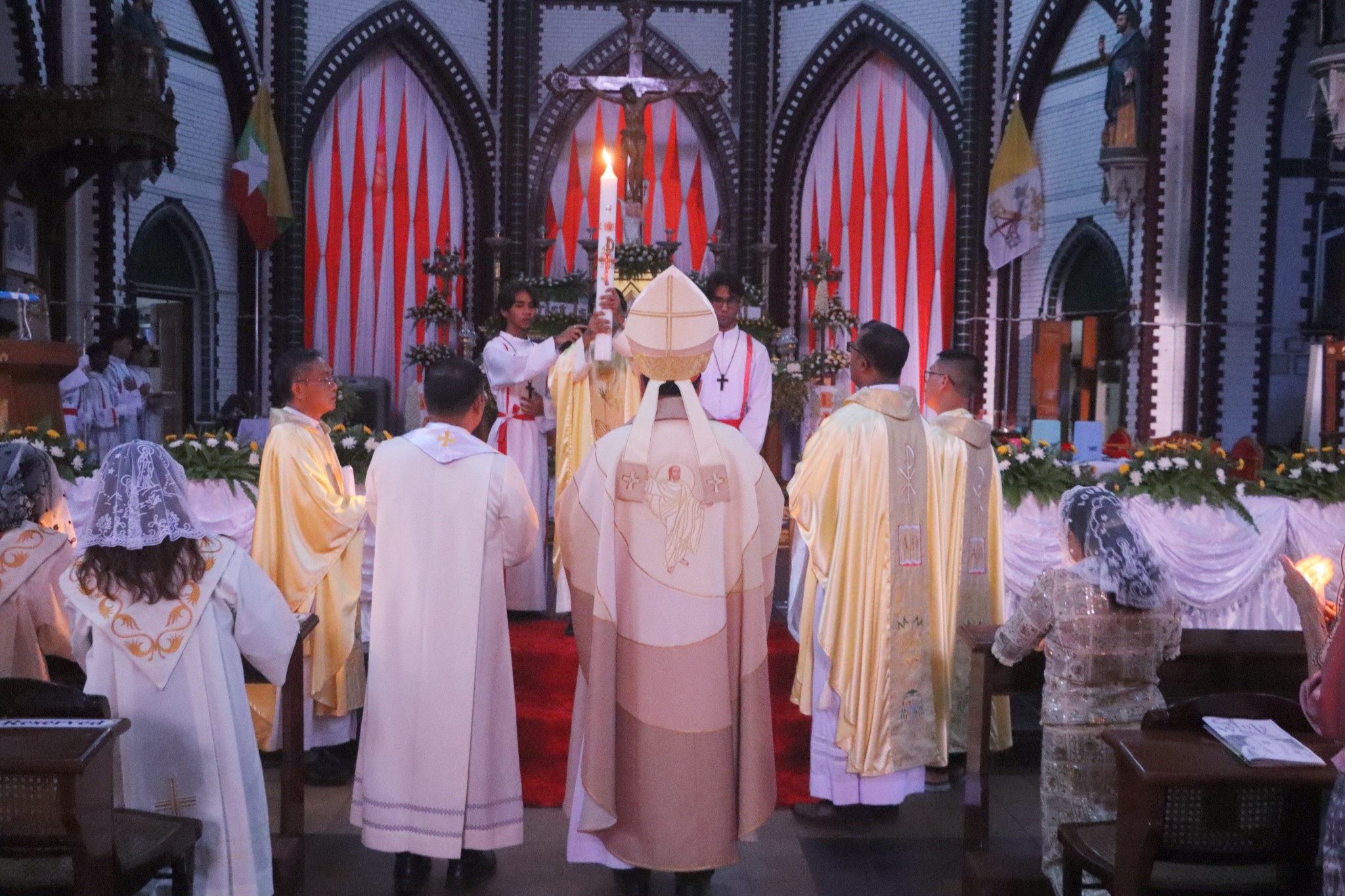Paul VI watched the lunar landing in Castel Gandolfo. When the astronauts returned, he received them, accompanied by with their wives.
– José Maria C.S. André
A friend sent me a WhatsApp message: “The greatest thing is not that man walked on the moon, but that God walked on the earth.”
Paul VI joined the two things, because, when Christ became man, God became an inside character in the history of men, not just as a Creator. On the night of July 20 to 21, 1969, from the astronomical observatory of Castel Gandolfo near Rome, he sent a personal message to the astronauts, a few minutes after they set foot on the moon. He greeted them poetically as “conquerors of the moon, soft light of our nights and our dreams” and charged them to deliver, in that place of beauty and dream, a message to God: “Bring there, with your living presence, the voice of the Spirit, a hymn to God, our Creator and our Father.”
Sometimes, men forget that they are the voice of the whole creation, that “man was made lord of all earthly creatures to dominate and use them, giving glory to God” – as the Second Vatican Council says (Gaudium et spes, 12). What good is it for man to dominate nature if he cannot hear God’s voice in it? If he does not make of it an instrument to praise God?
St Paul described to the Romans that expectation of the universe: “Creation anxiously awaits the revelation of the children of God. In fact, creation was subjected to vanity… In the hope of being freed from the slavery of corruption, in order to the freedom of the glory of the children of God” (Rom 8:19-21).
The last Popes have often referred to this tension, considering it especially as a present-day feature. John Paul II commented in his programmatic encyclical: “The words of the Apostle of the People, uttered with overwhelming eloquence, do not convince us, men of the twentieth century, that the ‘whole creation groans and suffers together, till the present day, the pains from childbirth’ and ‘is eagerly awaiting the revelation of the children of God,’ that the creation ‘was subjected to the forfeiture’? The immense progress … in the dominion over the world does not reveal … in a degree never before known that multiform submission to the falling-off ? … The world of scientific and technical achievements never attained before is not, at the same time, the world that ‘groans and suffers’ and ‘eagerly awaits the revelation of the children of God’?” (Redemptor hominis, 8).
The vanity or vanishing of nature refers to the whole decadent apparatus that oppresses humankind: the weapons of war that kill, the selfishness that robs children of a loving family in which to grow, the greed that rules out the poor, the sick, the immigrants and stains the water and the atmosphere. St. Paul says that, because of this corruption, “all nature groans and suffers the pains of childbirth to the present” (Rom 8:22).
At an audience with pilgrims in that July 1969, speaking about the race to the moon, Paul VI made reference to this cosmic drama that risks oppressing man. “Does all this effectiveness bring advantage to man? Does it make him better, more human? Or does the instrument imprison the man who produces it and subjugates him to a system of life that the instrument imposes on its master? It all depends on the heart of man.” So much bitterness in these searing moans of the universe!
We have the consolation that Christ entered our history “in order to the freedom of the glory of the children of God” (Rom 8:21). By becoming man and redeeming us, Christ opened the door. He became, as St. Paul wrote to the Romans and the Colossians, the “Firstborn of many brethren” (Rom 8:29), the “Firstborn of the all creation” (Col 1:15).
On their return from the trip, the three moon-stepping astronauts (Neil Armstrong, Edwin Aldrin, and Michael Collins) got an audience with Paul VI at the Vatican. He told them that they reminded him of “the Wise men traveling after a star until they met Jesus, God made man.”



 Follow
Follow


